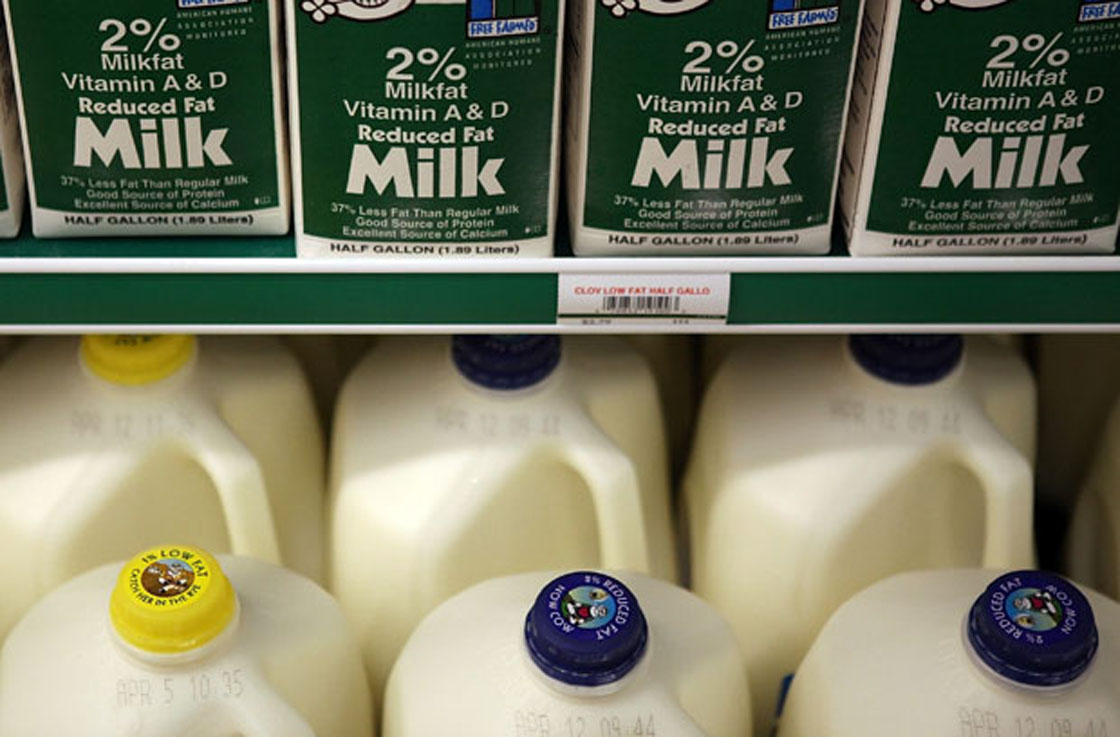Digestive symptoms are easy enough to identify, but diagnoses and causes – well, that’s where things get murky. After reading Dr. Robynne Chutkan’s new book Gutbliss, I have a whole new perspective on why digestive health issues are so complicated. Among the more commonly known disorders – IBS, constipation, celiac disease – there are plenty of other issues that can affect your gut.

Chutkan’s book is marketed as a 10-day plan to “ban bloat”, but the majority of the book goes into what can go wrong in the gut and how to see improvement with lifestyle (and sometimes medical) changes. Chutkan is a gastroenterologist who has studied digestion for many years, and the information and case studies in this book are fascinating. Here are a few of the things I learned while reading it:
- Women’s colons are four inches longer than men’s, and they also have wider pelvises. Both of these factors mean the colon can get “bunched up” in relatively small spaces and have more sharp angles, writes Chutkan, leading to an increased likelihood of bloating and constipation in the female population.
- One of the most common causes of constipation is “holding”, a.k.a. ignoring the signal to have a bowel movement when it first happens. Chutkan explains people who hold in their bowel movements are at a greater risk of something called “reverse peristalsis”, where stool is pushed back into the colon and loses moisture. A treatment called anorectal biofeedback can help those whose muscles are confused due to holding; the treatment also helps with other conditions, including weak pelvic muscles and “shy bowel” syndrome.
- Parasites may be more common than you think. Chutkan points out that between two per cent and eight per cent of the developed world has had giardiasis, one of the most common intestinal parasites. It can contribute to irritable bowel syndrome, among other digestive problems.
- An underactive thyroid (hypothyroidism), even a mild case of it, is a cause of bloating and constipation because it can slow down transit through the colon, writes Chutkan. Hypothyroidism is especially common in women after pregnancy, but it can be hard to detect and requires proper testing and (potentially) seeing a specialist. (Side note: It was a naturopath who diagnosed me with “subclinical hypothyroidism” after tests from my doctor came back normal.)
- Chutkan is a huge proponent of a plant-based diet, which isn’t surprising, but this fact was: “Dairy is the biggest contributor to fat in the American diet, which is why even vegetarians who eat a lot of it aren’t immune from developing gallbladder problems.”
- Two digestive conditions I had never heard of before reading this book: Gastroparesis, where stomach emptying after eating is delayed, and aerophagia, where people swallow large amounts of air unintentionally (it’s more common in mouth breathers). Chutkan explains both conditions can be underlying causes of IBS and other annoying digestive problems.
- There has been a lot of recent debate around whether going gluten-free is beneficial – here’s Chutkan’s take on it: “…After seeing so many patients experience improvements in their bloating, GI distress and overall sense of well-being, I’m a believer in giving a gluten-free diet a try if you have GI symptoms. Not everyone will feel better, but there’s not much of a downside to avoiding gluten for a few weeks, and the benefits might be substantial.”
If you have gastrointestinal problems and need some guidance, I highly recommend this book. It can expose you to a wide range of potential causes and show you what lifestyle changes might make you feel better.
I’ll be trying Chutkan’s 10-day plan to “dump digestive baggage” soon, and will be blogging about it in the upcoming weeks. Stay tuned!
- What is a halal mortgage? How interest-free home financing works in Canada
- Capital gains changes are ‘really fair,’ Freeland says, as doctors cry foul
- Budget 2024 failed to spark ‘political reboot’ for Liberals, polling suggests
- Peel police chief met Sri Lankan officer a court says ‘participated’ in torture




Comments